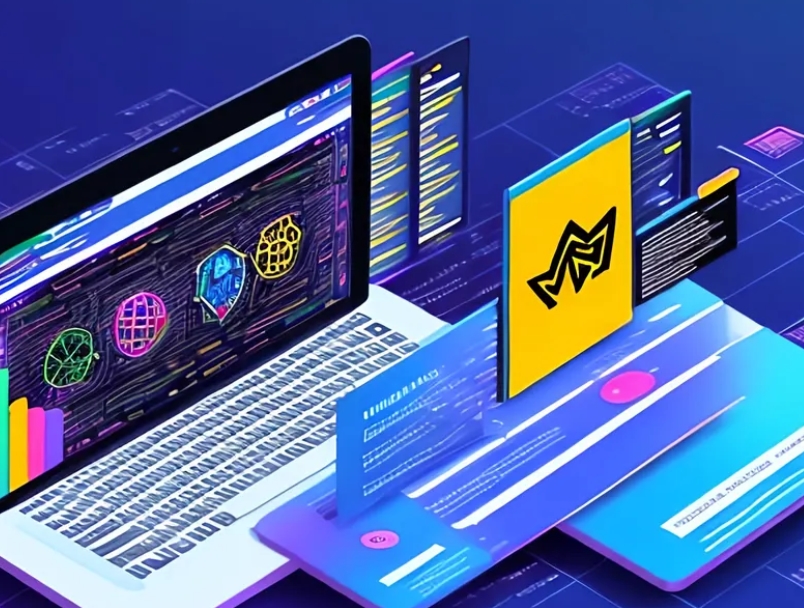
Understanding DeFi: The Next Financial Revolution
Introduction
Decentralized Finance (DeFi) is a rapidly evolving financial ecosystem that is set to transform traditional finance. By leveraging blockchain technology and decentralized protocols, DeFi offers users greater control, transparency, and accessibility compared to conventional financial systems.
The Foundations of DeFi
DeFi relies on blockchain technology, which provides a secure and transparent ledger for recording financial transactions. Ethereum, the second-largest cryptocurrency after Bitcoin, serves as the primary platform for developing DeFi applications, commonly referred to as "dApps."
Key Components of DeFi
Decentralized Exchanges (DEXs): Platforms like Uniswap, Sushiswap, and Curve enable users to trade cryptocurrencies directly without intermediaries.
Lending and Borrowing Protocols: Services like Aave, Compound, and Maker facilitate lending, borrowing, and earning interest on cryptocurrency holdings.
Stablecoins: Cryptocurrencies such as DAI and USDC maintain a stable value, often pegged to fiat currencies, providing reliable assets for DeFi transactions.
Decentralized Derivatives: Platforms like Synthetix allow users to trade synthetic assets, such as stocks and commodities, without central authority.
Yield Farming: Users can earn rewards by providing liquidity to DeFi protocols, often in the form of governance tokens.
The Benefits of DeFi
Accessibility: Open to anyone with an internet connection, DeFi democratizes financial services.
Transparency: Operating on public blockchains, DeFi protocols let users verify transactions and monitor ecosystem health.
Composability: DeFi applications can integrate with one another, fostering innovative financial products.
Programmability: Programmable protocols enable the creation of complex financial instruments and automation.
Permissionless Innovation: New financial products can be developed without central authority or approval.
The Challenges of DeFi
Regulatory Uncertainty: Regulators continue to adapt policies to keep pace with the evolving DeFi landscape.
Technological Complexity: The sophistication of DeFi technology can make navigation challenging for mainstream users.
Smart Contract Risks: Smart contracts, crucial to DeFi, may contain bugs and security flaws if not adequately audited.
Liquidity and Volatility: DeFi markets can face significant volatility and liquidity challenges, impacting ecosystem stability.
Conclusion
Decentralized Finance represents a groundbreaking shift in the financial industry, offering enhanced control, transparency, and accessibility to users. As the DeFi ecosystem expands, it holds the potential to reshape our interaction with financial services. However, addressing its challenges and risks is essential for ensuring long-term sustainability and mainstream adoption.
No Website Lists.



